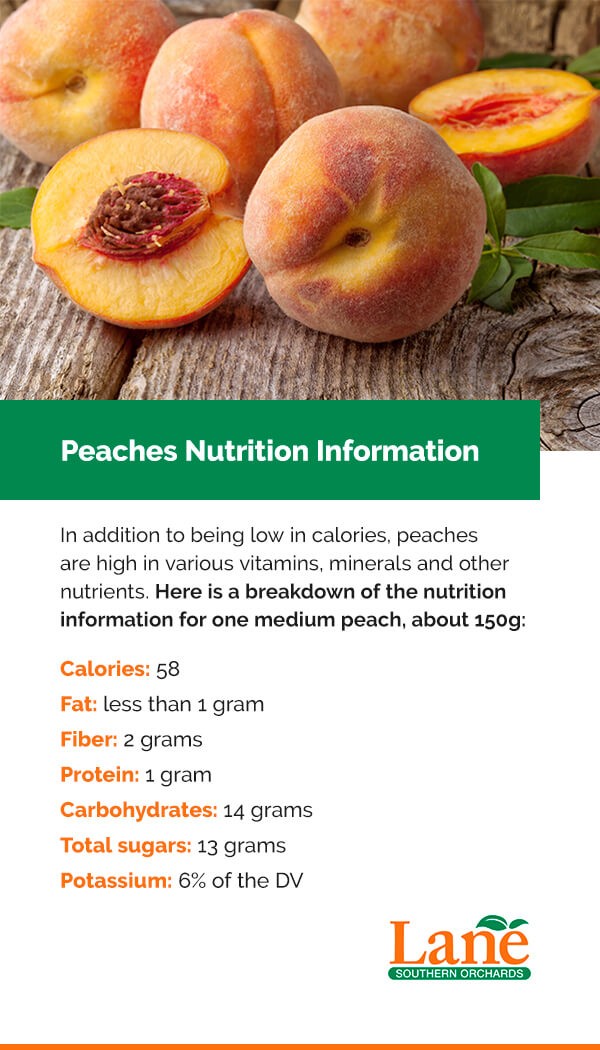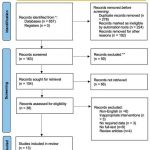
Contents
Are Peaches Good for You?
Peaches offer 10 health benefits when added to your diet.
Peaches are a healthy addition to your diet.
Peaches belong to the stone fruits family, which includes cherries, apricots, and plums. They are best as a snack, added to oatmeal, smoothies, salads, or post-workout meals.
10 benefits of peaches in your diet
- Better digestion:
- Peaches contain soluble and insoluble fiber to aid bowel movements and gut immunity.
- Peach skin and flowers can make teas and tonics to improve digestion.
- Heart health:
- Peaches may reduce cholesterol and control blood pressure.
- Moderate potassium content in peaches maintains heart health.
- Immunity:
- Peaches are rich in vitamins C, B complex, and A, which support immunity.
- Peaches improve gut bacteria, heart health, and skin health.
- Peaches contain polyphenols, antioxidants, and carotenoids that protect against aging and viral illnesses.
- Cancer protection:
- Peaches may have cancer-fighting properties due to their polyphenol content.
- Studies suggest a lower risk of certain types of breast cancer in women who consume peaches regularly.
- Decreased body inflammation:
- Peaches aid in reducing inflammation and strengthening the immune system.
- Peach pit extracts can help with asthma, eczema, and bronchitis.
- Eye health:
- Peaches contain beta carotene, essential for retinal health and vision.
- Skin health:
- Extracts from peach pits and flowers can reduce ultraviolet damage and retain skin moisture.
- Kidney friendly:
- Peaches have a moderate potassium content, making them safe for patients with kidney disease.
- Gastritis:
- Peaches heal stomach ulcers and chronic gastritis, improving gut flora and digestion.
- Weight loss:
- Peaches aid in weight loss and control bingeing behavior due to their fiber and antioxidant content.
- Flavonoids in peaches speed up metabolism and calorie-burning rate.
What is the nutritive content of peaches?
The nutritive content of peaches (100g) is:
| Calories per 100g | 59 |
| Total fat 0.4 gram | 1% |
| Total carbohydrate 15 gram | 5% |
| Dietary fiber 2.3 gram | 8% |
| Sugar 13 gram | |
| Protein 1.4 grams | 3% |
| Vitamin D 0 mcg | 0% |
| Calcium 9.2 mg | 1% |
| Iron 0.4 mg | 2% |
| Potassium 293 mg | 6% |
Water content: Peaches contain about 88 percent water, making them excellent post-workout snacks.
High fiber content: Peaches are rich in dietary fiber, which keeps you full and reduces cravings.
Is any part of the peach poisonous?
The seeds (or pits) of peaches contain trace amounts of cyanide.
- Peach pits are virtually nonpoisonous to humans, but can be toxic to animals like dogs or cats.
Raw peach leaves should never be consumed as they can turn into cyanide in the human gut.
The peach skin is safe to eat if no pesticides have been used, but it should be washed before consumption.
QUESTION
What are the side effects of peaches?
Peaches are mostly safe when eaten in moderation, but excessive consumption can cause the following problems:
- Indigestion: Peaches may cause cramps, nausea, and bloating due to natural sugars called polyols.
- IBS trigger: Peaches may trigger symptoms of irritable bowel syndrome (IBS) in susceptible individuals.
- Food allergies: Peaches can cause allergic reactions such as itching, swelling, and burning sensations in the mouth or throat.
- Blood sugar fluctuations: Excessive consumption of peaches can disrupt post-meal sugar levels.
- Worsens gastroesophageal reflux disease: Peaches can cause reflux in individuals with gastroesophageal reflux disease.
- Gout trigger: Eating too many peaches can increase blood uric acid levels and trigger gout flare-ups.


